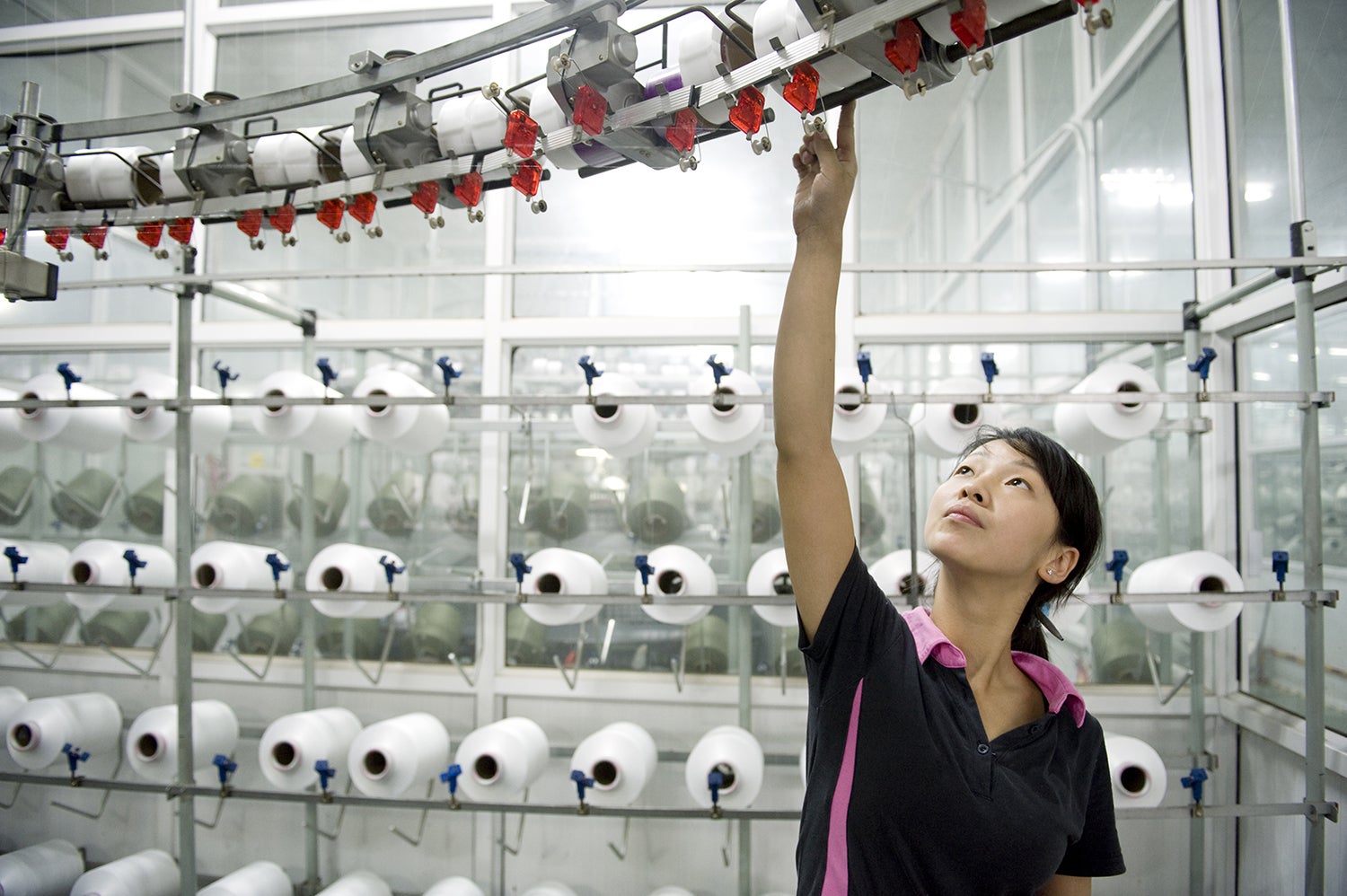Canada’s new modern slavery regulation, the Fighting Against Forced Labour and Child Labour in Supply Chains Act (Bill S-211), goes into force in a matter of weeks. Companies must ask themselves if they’re on track to meet the May 2024 reporting deadline.
The stakes are high, with potentially serious consequences for those who do not comply, including fines and reputational damage. This means companies that haven’t started collecting supply chain due diligence data around forced labor, human rights, and human trafficking and slavery are now at high risk, with only a few months left to collect, validate, and submit their data.
Requirements for Public Due Diligence Disclosures
Under the United States-Mexico-Canada Agreement (USMCA), all three countries are required to create regulations that prevent forced labor practices and restrict goods made with forced labor from entering their respective markets. Canada’s Fighting Against Forced Labour and Child Labour in Supply Chains Act is intended to align Canadian businesses with the trade agreement. While similar to other forced labor regulations around the world, the act goes one step further by including an import ban on goods made with child labor, making Canada the first jurisdiction to prohibit goods made with both forced labor and child labor.
The act mandates companies to file and publicly post a supply chain risk report by May 31 of each year, covering the previous year’s activities. This report should disclose steps taken by the company to identify and reduce forced and/or child labor risks in its supply chain. Reports must include:
- A description of company structure, activities, and supply chains
- Company policies and due diligence processes in relation to forced labor and child labor
- Parts of the business and supply chains that carry a risk of forced labor or child labor, and steps taken to assess and manage that risk
- Measures taken to remediate any forced labor or child labor
- Measures taken to remediate the loss of income to the most vulnerable families that results from actions taken to eliminate the use of forced labor or child labor in its activities and supply chains
- A description of the training provided to employees on forced labor and child labor
- How the reporting entity assesses its effectiveness in ensuring that forced labor and child labor are not being used in its business and supply chains
Creating a supply chain due diligence report isn’t just a check-box exercise. Companies need to know their supply chains inside and out and have deep supply chain data on-hand to defend against scrutiny. Inaccurate, incomplete, or unverifiable claims in the public forum will leave companies exposed to greenwashing risks (often called “purpose washing” or “woke washing” when referring to human rights issues instead of environmental ones). Furthermore, directors and officers of companies who authorize or participate in the issuance of false or misleading reports are also subject to personal liability.
This is why it’s essential that companies take concrete steps to gather the required information and produce meaningful and defensible reports. A strong supply chain sustainability management program can help them engage their suppliers to get data on labor practices, show due diligence, and meet the requirements of the act.
The Clock Is Ticking
The nearest reporting deadline is set for May 2024 and requires data from the 2023 financial year. Going forward, companies will need to submit a public disclosure for the previous year on or before May 31 of each year.
This means there is no time to waste; data collection and supplier engagement should already be underway. It is likely to take suppliers several months to respond to labor practice surveys, and the data will also require careful validation. Companies that don’t already have a supply chain sustainability program, or aren’t tracking their suppliers’ environmental, social, and governance (ESG) performance, are at a disadvantage compared to those with more program maturity.
Just the Tip of the Iceberg
This Canadian anti-forced labor law isn’t an isolated regulation. It’s a precursor to more forced labor enforcement in Canada, as announced in Budget 2023. The federal government has stated its intention to introduce legislation in 2024 to eradicate forced labor from Canadian supply chains and strengthen the import ban on goods produced using forced labor. Further pressure comes from the U.S. Uyghur Forced Labor Prevention Act (UFLPA), which places active border restrictions on products with known ties to forced labor. As Canadian regulators collect national supply chain data, this will likely add fuel to their ability to enforce similar border restrictions. Manufacturers must adapt to this changing landscape now to avoid having goods stopped at the border due to undetected links to bad supply chain actors.
Forced labor due diligence is rapidly becoming a top compliance issue for businesses, and public awareness is driving companies to be proactive about forced labor. To meet global human rights regulations, manufacturers need a comprehensive and standardized approach to supply chain ESG data. This approach should include supplier identification, risk assessment, monitoring, and corrective actions. Manufacturers should work to identify supply chain links to forced labor and assess their own risks associated with those links.
Act Now: How to Get Started
Getting the right data for forced labor due diligence is a challenge for many companies, and it’s even harder when you only have a few months left to do it! This is where Assent can help. Assent’s supply chain sustainability platform automates supplier engagement, and provides built-in ESG and forced-labor surveys to collect all the necessary information. Having a platform like Assent is also vital for demonstrating ongoing, deep due diligence, which is essential for human rights compliance and for meeting stakeholder expectations.
With enforcement of the Canadian anti-forced labor law looming, manufacturers need to act now. By starting the data collection process immediately, companies can ensure they meet the May 2024 deadline and avoid the potential consequences of non-compliance. With Assent’s help, companies can navigate these new regulations and integrate them into their larger ESG strategies, ensuring a holistic approach to ethical and responsible business practices.
No matter how mature your forced labor due diligence program is today, Assent can help you become more proactive about supply chain sustainability and keep your company ahead of emerging sustainability requirements.









